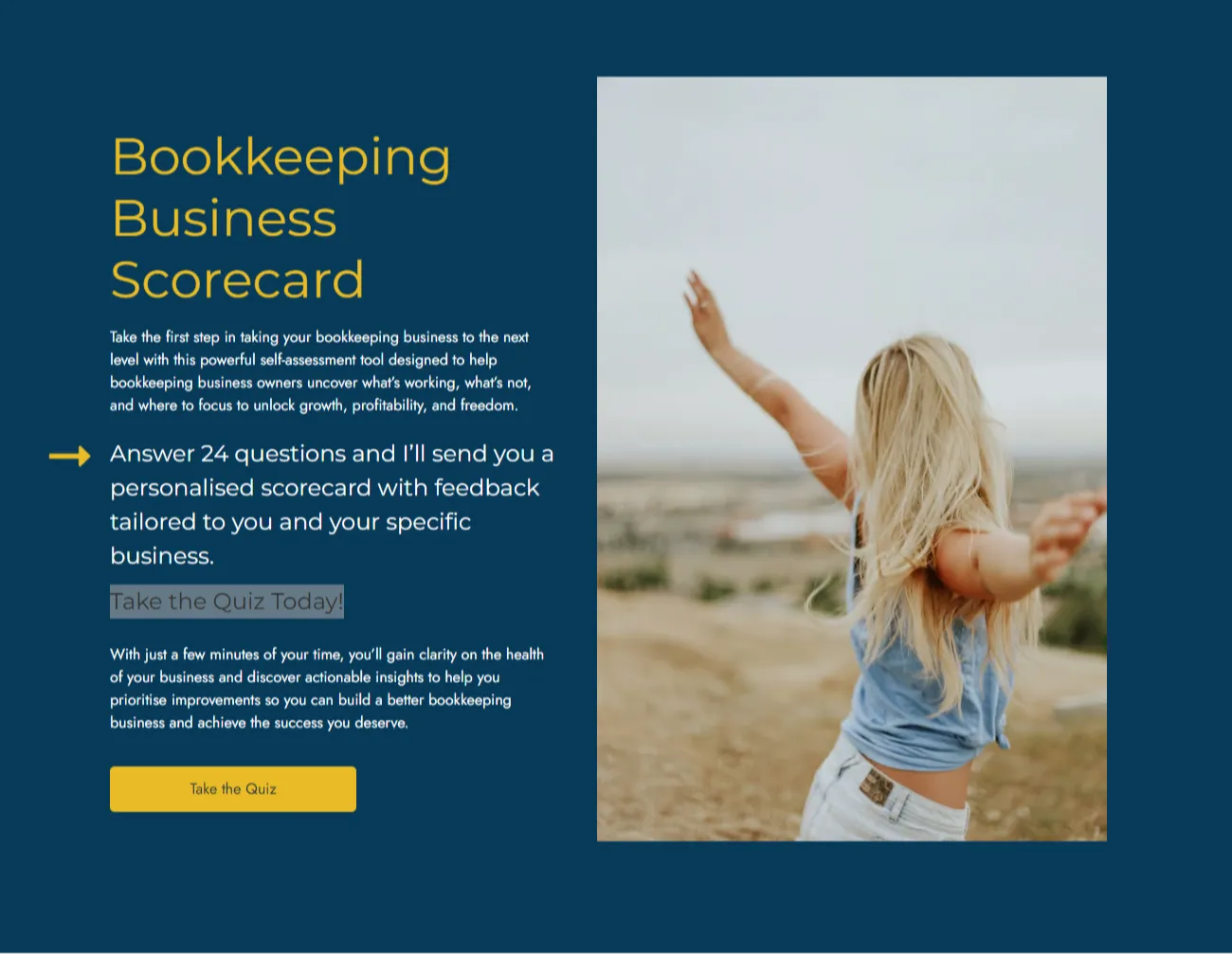The Difference Between Bookkeepers and Accountants
Jul 24, 2019
There is a distinct difference between bookkeeping and accounting.
It's important to acknowledge that it's not one vs the other. Bookkeepers and accountants have a very synergistic relationship and, ideally, work well together for the benefit of their mutual client.
Generally speaking, bookkeepers are the ones who are across the business accounts on a more regular basis, as their job is to process the day-to-day transactions. This may include bank reconciliations, payroll, invoicing, GST returns, processing supplier invoices and reconciling supplier statements, and chasing late payers.
In short, bookkeeping organises and documents a company's financial data and creates order and meaning from what could otherwise be chaos and meaningless numbers.
An experienced bookkeeper will be able to verify the balance sheet account balances, produce cashflow reports and forecasts, help create budgets, and clearly explain to the business owner what the financial reports are telling them. At the end of financial year they hand over a tidy set of accounts to the accountant.
A good bookkeeper will also have an in-depth knowledge of at least one accounting software package, so that they can be efficient in the delivery of their service.
Anything income tax related is usually the domain of an accountant.
One of their responsibilities is to make sure you are meeting your tax obligations. They use their knowledge to make sure you pay the minimum amount of tax legally required. They ensure that the business's accounts accurately reflect the position of the business, and that you are claiming everything you are legally entitled to.
Having tidy data makes their job a whole lot easier as they take what the bookkeeper has done, check for accuracy, make year-end adjustments for things like depreciation, FBT, home office expenses etc., and prepare tax returns and financial reports. Once these returns have been filed with the IRD the accounts are considered closed for that financial year.
Accountants are the ones to ask about business structures, as there are tax implications for each. They can set up companies and partnerships and help companies to meet their reporting requirements.
They may also prepare cashflow reports and projections, and help to create budgets, if the bookkeeper is not doing that. They can analyse the business's financial reports, discuss with you its financial health and viability, and advise you on how to improve business performance.
As your tax agent they act as an intermediary between you and the IRD which can be very helpful. They are the specialist who can help decipher tax law for you, and advocate on your behalf if necessary.
New Zealand accountants are usually employed with accounting firms, either their own or with a larger global brand, while bookkeepers are either self-employed contractors or, increasingly, part of another bookkeeping business.
Accountants generally have an accounting degree and many have completed further study to become a Chartered Accountant or CPA. This may be desirable when looking for an accountant, however I know several very good accountants who are not Chartered Accountants.
Bookkeepers have often learned on the job and have many years experience, with many having also studied some accounting papers or qualifications.
Both have specialised experience and knowledge for the tasks they perform.
Any business, from small-to-medium upwards, requires both bookkeeping and accounting. The bookkeeping may be done by the business owner to start with, but, if so, many will invariably start to question whether that is the best use of their time (it isn't). You can't be out getting new clients and delivering an amazing service if you're stuck in the office doing payroll and chasing bills.
The accounting industry has undergone significant change in the last 20-30 years, and in the last 10 years in particular. You will find that there is no one-size-fits-all when it comes to accountants and bookkeepers, and the services they provide.
Develop relationships with accountants that you know. When I had my bookkeeping business I was always referring to accountants, as often I would come across business owners who either didn't have an accountant already, or who weren't happy with the one that they had.
So referrals are a two-way street between accountants and bookkeepers, and long-lasting business relationships are not uncommon.
Take the first step in taking your bookkeeping business to the next level!
With just a few minutes of your time, you’ll gain clarity on the health of your business and discover actionable insights to help you prioritise improvements so you can build a better bookkeeping business and achieve the success you deserve.



